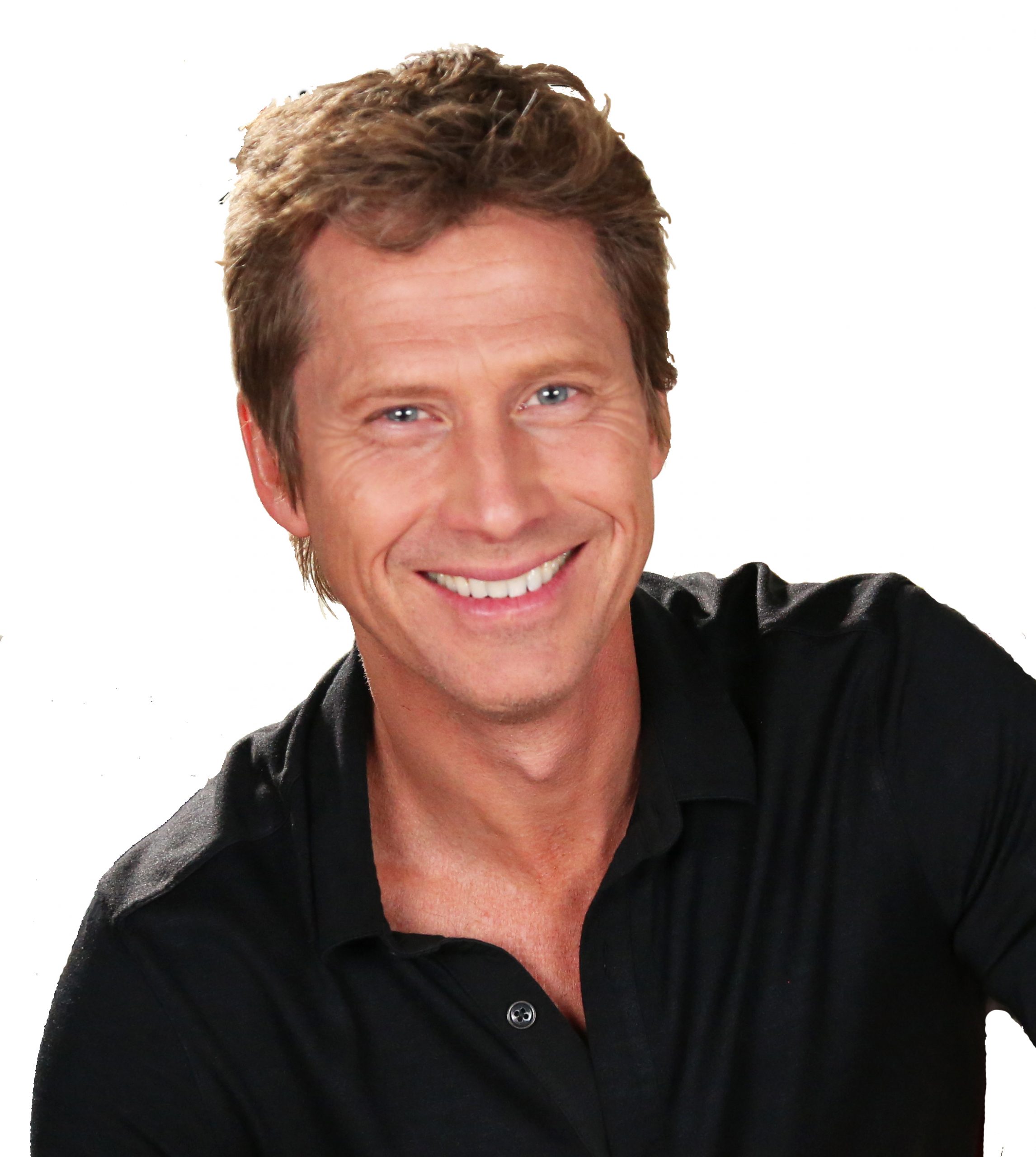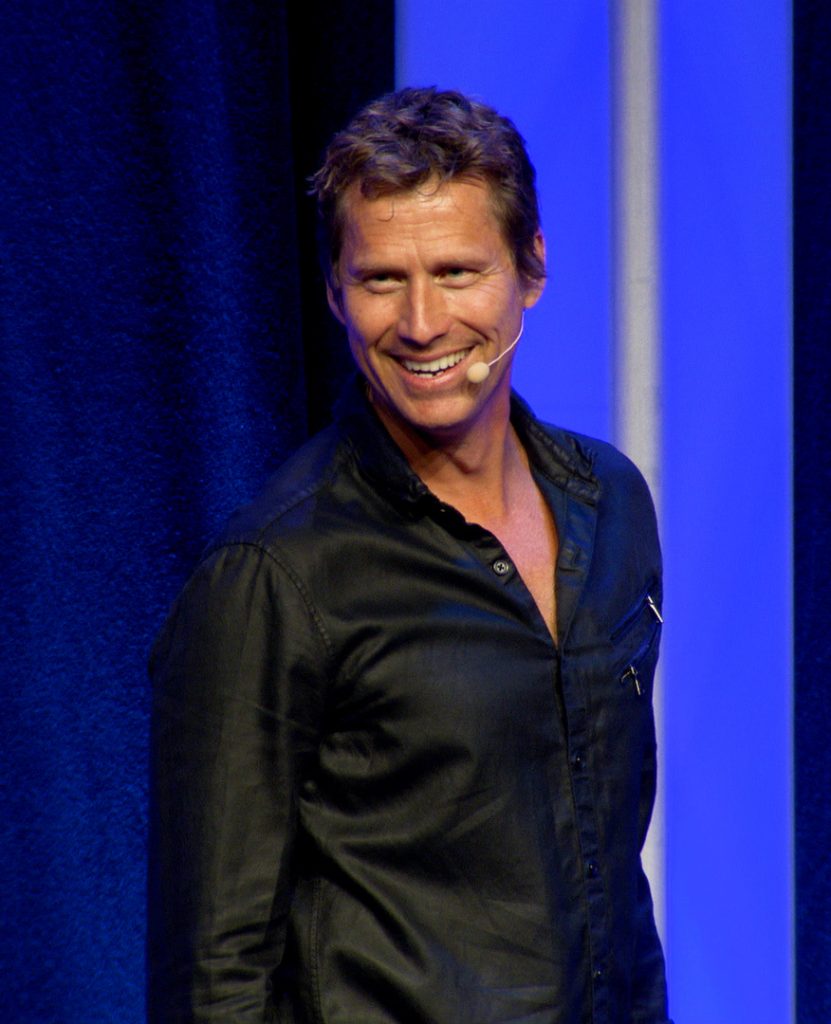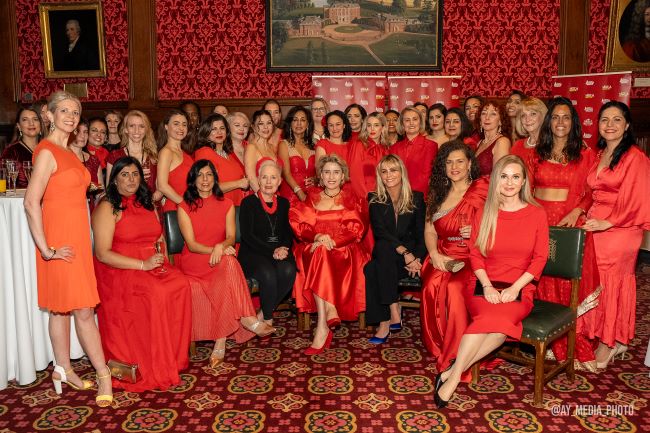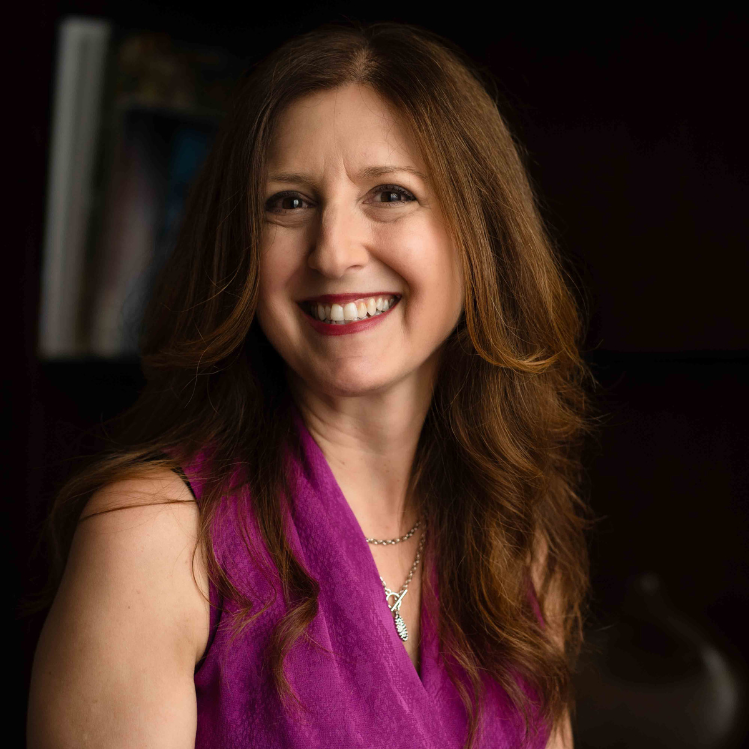
Per Bristow: The importance of voice in music, in business and in life
Per was a music teacher when he first realised that everything he knew about the human voice could serve many more people than just his music students. This realisation led him on a different career journey which placed the emphasis on the human voice as a crucially important component for everyone – not just musicians. In this interview he also reveals the importance of voice in the field of business as well as how important our voice is in developing our character and our confidence.
As a ‘Voice Coach’, is it important to have a good voice yourself?
As a coach, to be able to be somewhat of a role model for what you are teaching is definitely important. Then again, we are all unique so we could all have very different opinions of what ‘good’means. I have trained my own voice extensively and what I would like to encourage everyone is to realise that any voice can be improved significantly. This doesn’t mean we are ‘changing’ your voice or making you sound like someone else. It’s about releasing a greater version of you and of enhancing you. Yes, we are all unique and my job as a coach is not only to improve and free the physical voice, but to free and empower the inner voice.
When did you decide to become a voice coach and how did you first make that decision?
I was a full-time music teacher after high school, mainly because I was already known as a musician. I’ve always loved teaching and coaching to help someone discover their greater abilities within. My method was born out of my experience as a musician, but also from being an elite youth athlete, which made me interested in anatomy as well the aspects of performing under pressure. As I came to Los Angeles from Sweden and began coaching voice, clients were getting wonderful results and I soon realised that I had a unique method in the making.
Can you tell us more about your work with famous singers? How much do you help them and what are their most common requests?
I’ve actually never considered how famous a client is. I am, however, empathetic to the fact that ‘fame’ often adds additional pressure and fears. As I moved away from coaching one-on-one to one-to-many via my online training programs, I seldom know who has done my online training. However, I often receive messages from people who have been helped through the home-study training. That includes high in-demand singers who’ve overcome voice problems through my online training. The most common problem for a high-in demand singer or speaker is indeed when a problem occurs with their voice. Understandably, this causes them enormous pressure and fear, as their livelihood is at stake. Just as for the athlete, we need to heal and condition/strengthen the voice to be able to perform at high levels.
Is it more difficult for you to work with an individual, or work with a famous name?
No, it really makes no difference to me. However, every life situation brings with it different fears and pressures as mentioned above. Much of my training also goes beyond voice training to developing peak performance skills. These are things like becoming a more effective and influential performer/presenter, improving health to be more creative and productive and to be able to perform at high levels on stage and in life. So however famous or successful we might be, we are still just human beings.

As a professional, can you tell us how important communication is, not just in the business world, but also in other areas of life?
Communication is vital and key to any business success in my mind, whether it is to communicate with prospects, customers, business partners or teams. The ability to positively influence, inspire, guide, negotiate, and sell is directly related to your income, as well as to your personal relationships. It all goes hand in hand with how you are able to resonate with the person you communicate with. It’s not necessarily always about what you say, but the resonance and energy of you voice that makes the difference.
How much does the voice help in self-esteem?
Enormously so. Our fear of expressing ourselves may go back to our childhood needs to belong, fit in and be loved. Many times, being silent as a child became a good strategy to not disturb the peace. Many people have grown up with the belief that a child should be seen and not heard, or that their voice and opinions aren’t important. Likewise, when we experience a problem with our voice, our ability to connect and influence is severely impacted. A restricted voice goes hand in hand with a restricted personality. A timid voice goes hand in hand with a timid personality. A forceful voice goes hand in hand with a forceful personality. A free and resonant voice goes hand in hand with a free and resonant personality. When the voice becomes freer, you become freer and that dramatically affects your confidence, self-esteem, feeling of self-worth, and how others are impacted by you.
Have you ever considered yourself in another profession? If so, what would you do best?
Well, I think that what I do is a blend of many professions. Coach, performer, singer, speaker, media creator, entrepreneur, marketer. Much of my coaching incorporates voice, expression, negotiation, selling, presentation, health, creativity, sleep and also attaining peak performance.
Do you have any messages for all those who are in the first stages of their career? What advice do you have for them?
Implement your ideas in order to discover greater ideas from doing that. Embrace the love and art of constantly learning and discovering. And enjoy the beautiful experience of making a fool out of yourself in the process 🙂





